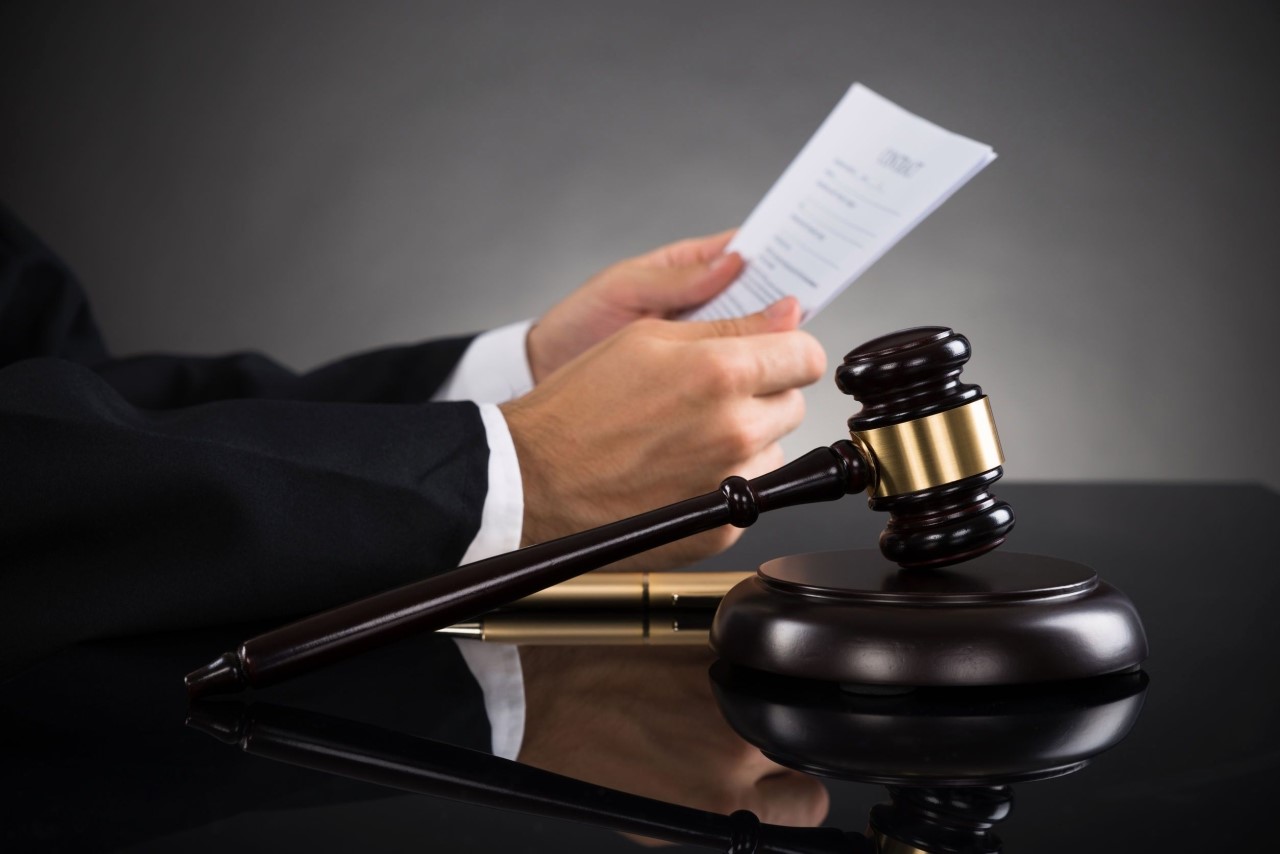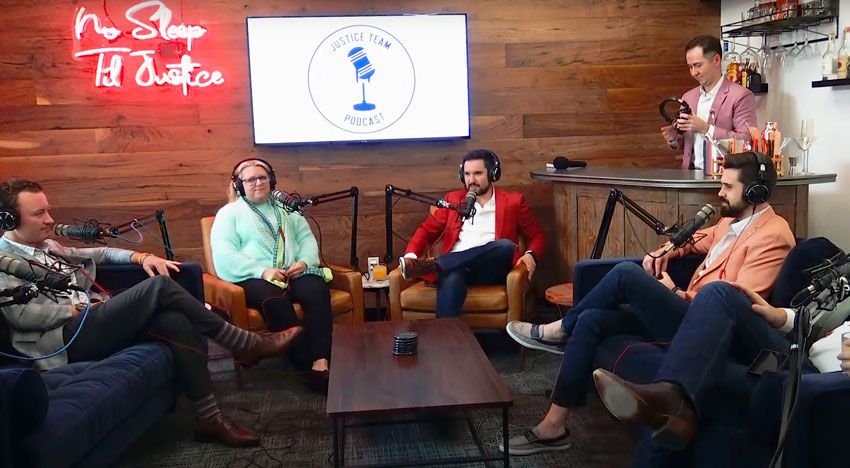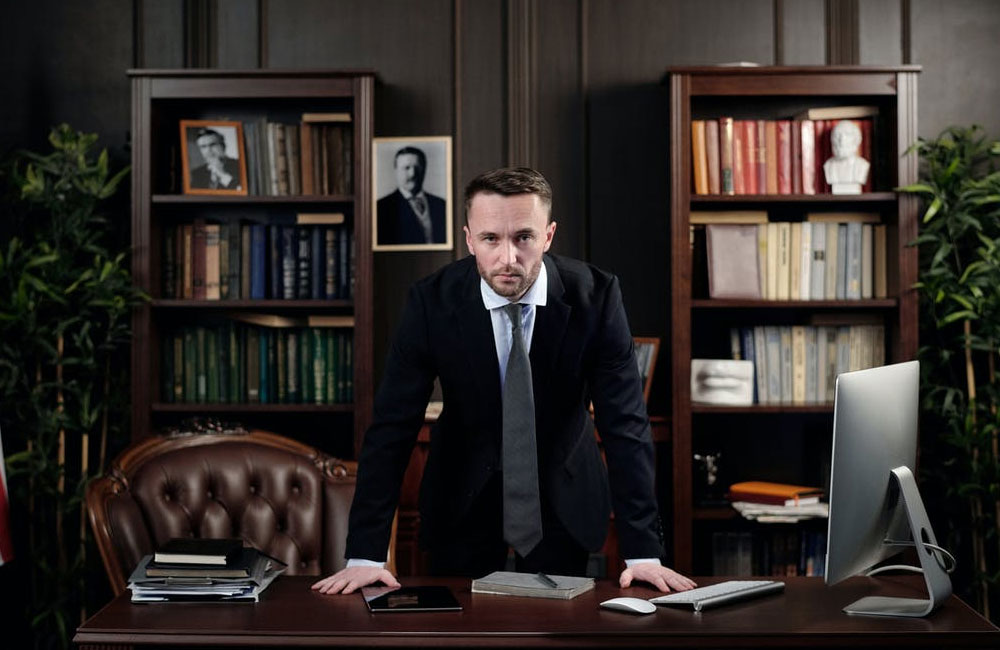Are you a first-time juror? You probably have a good idea of what to expect: sitting in a packed room, and waiting to be excused without getting to be involved in the trial. Once that’s over, your civic duty will have been satisfied. However, for those few who actually get impaneled onto a jury here are five trial attorney secrets every juror should know.
Jurors Cannot Conduct Online Research During Trial
You may never come to learn this during a trial, but 99% of all verdicts are paid for by the at-fault parties insurance company. This is the first of the trial attorney secrets we will unpackage.
This is somewhat of an open secret that the judge will tell everyone from the start. However, it’s worth mentioning here. Judicial Counsel of California Jury Instructions (“CACI”) 116 says, “…you must not electronically communicate or do any research on anything having to do with this trial or the parties.”
If you’re a juror, you technically not allowed to read something like this article. However, many jurors want to be well-informed, so it’s understandable that you’re reading this.
There is a reason for such stringent rules, however. This is due to all evidence coming directly from the witness stand in a trial. Jurors are not supposed to be conducting their own private investigative work. They should be be going to the scene of the crime, interrogating witnesses, and come to their own conclusions, regardless of how logical and sound they may be. So, if you’re the type of person to do this sort of thing, you should probably work at a law firm instead.
What Attorneys Say Is Not Considered Evidence
CACI 106 states, “What the attorneys say during the trial is not evidence.” Well, if that’s the case, then how come the attorneys are the ones doing most of the talking? Great question! This instruction is, again, meant to show that all evidence comes from the witness stand and has zero to do with what the attorneys wish the evidence was.
What you should keep in mind is that when an attorney starts personalizing, and talking about themselves, their family, their beliefs, this is all improper. Focus on what comes from the witness stand and not the ones with fancy watches, purses, or shoes in court. That being said, don’t blame clients for their fashionable attorneys.
The Truth About “Paid-For” Experts
“The person at the defense table is likely NOT the defendant— it’s the insurance company puppet placed their for sympathy.” Remember this.
When the defense counsel tells you they brought in an “expert” to trial, let me be very, very clear—they are bought and paid for by the insurance industry. They are made multi-millionaires by coming into court, every week, across the state, all to say the same thing: this injury could not have happened or this injury isn’t as bad as all the other doctors are saying it is. In all honesty, if these doctors were actually treating folks outside of this legal world, their opinions would be drastically different.
What this means is that there are “treating” physicians and “paid-for” experts; the latter, does not treat the patient or owe the Hippocratic oath to the patient. They are paid to give an opinion, nothing more. Most are highly educated with great pedigrees, but money does interesting things to the ethics of even highly-esteemed individuals.
Every witness swears an oath to tell the truth. It’s up to every juror to weigh the credibility of the witness (expert or otherwise) and see what makes most sense (see CACI 219 & 221 for more details).
Who Is The Puppet at the Defense’s Table?
This one is confusing, so let’s get into an a little deeper. Those sitting at the defense counsel’s table are not always the defendant. Remember that the “defendant” is the one defending the case. They are the party who failed to follow a safety rule and caused a personal injury. Sometimes both the plaintiff (party bringing the case) and the defendant will share responsibility. This is referred to as comparative negligence and supported under California law.
When the defendant is a business, the actual wrongdoer causing a personal injury—the employee who, for example, caused the auto collision—is not even in court. Instead, you may have a corporate representative, manager, or someone else hired by their insurance company. Even better: the defense attorney(s) themselves are, you guessed it, hired by the insurance companies—rarely by the defendant themselves.
Why is this such a secret? Because the number one biggest trial attorney secret that they hide from all jurors is…
Whose Paying For All Of This?
CACI 105 and 5001 explicitly states, “You must not consider whether any of the parties in this case has insurance. The presence or absence of insurance is totally irrelevant. You must decide this case based only on the law and the evidence.”
This is the only jury instruction that is given twice. It’s given at the very beginning and again at the very end. You’d think that by saying the word “insurance” over and over again jurors would know who is paying for all the defense “experts,” attorneys, years of litigation costs and trial—the defendant’s insurance company. In fact, when the jury brings a verdict in this case, nine times out of ten it’s paid by the insurance company. The verdict brings no harm to the puppet the insurance companies have placed at defense counsel this whole time. If you’re reading this, you’ll know that everyone on the defense side is bought and paid for by the insurance company to manufacture a low verdict. Sometimes, they even fool the jurors, but not anymore.
Now you know this and other trial attorney secrets. Insurance pays for everything but won’t pay for justice until the jury brings a verdict. Even after a verdict the insurance company will appeal the verdict (bring another lawsuit to a higher court) to drag the case out another few years, which starves the injured party of justice until the defense gets a discount. That’s why we’re in trial. That’s why we’re fighting so hard in personal injury cases.
Next time you’re in court, you’ll know exactly who is sitting at defense counsel’s table, who is orchestrated the trial, who has refused to pay for their wrongdoing, and who will pay the verdict.












